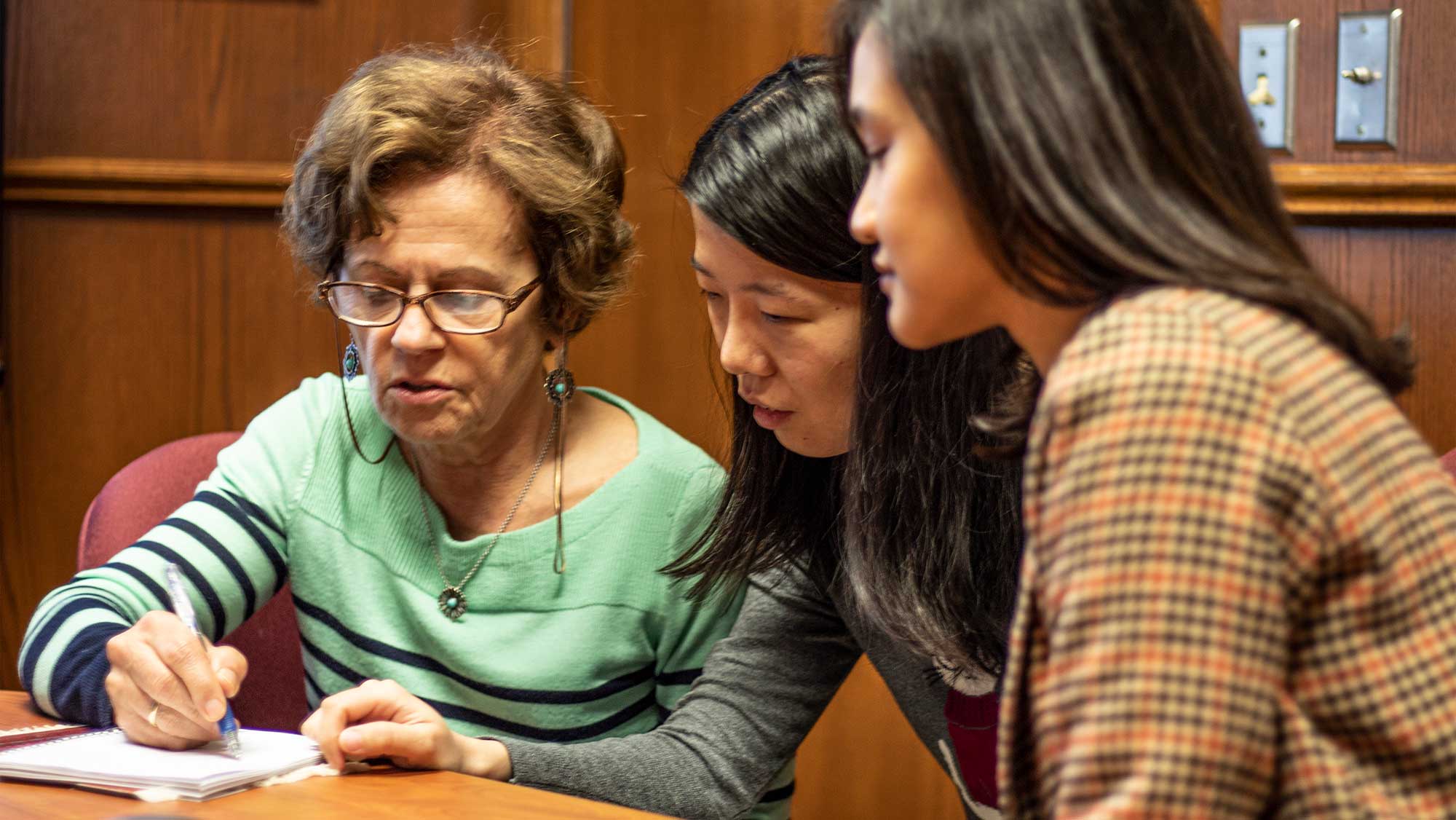
Whether working with industry partners, other research centers, or on their own, many of our faculty perform research that drives innovation and progress in petroleum engineering. Here are a few of the significant research efforts in the department.
Crisman Institute for Petroleum Research
Director: Thomas A. Blasingame
The Crisman Institute is a liaison between faculty researchers and the industry. The institute centralizes faculty efforts to develop proposals and explore new avenues to fund projects. The Institute encompasses existing centers, labs and research projects within the department but does not control them. Instead, it provides opportunities for faculty to coordinate and collaborate with industry sponsors while still conducting their research independently.
Visit the Crisman Institute Website
Geomaterials for Geo-energy and Geo-environmental Sustainability (G3 Lab)
Director: Sara Abedi
This research group focuses on identifying the fundamental physical properties of materials of a geological origin and upscales them for engineering applications. The goals is to use advanced experiments and theoretical investigation to develop the understanding and technical knowledge needed for the sustainable engineering of these materials and energy resources.
Heavy Oil, Oil Shales, Oil Sands, and Carbonate Analysis and Recovery Methods (HOCAM)
Director: Berna Hascakir
This research group is focused on education and research to recover unconventional oil resources that have very low API gravity. The main objective is to find environmentally friendly and economical production solutions for challenging reservoirs, such as heavy oil, oil shale, oil sand, and carbonate host-rock environments. The ultimate goal is to educate and train engineers to find practical solutions for recovering these unconventional oil resources using thermal enhanced oil recovery methods.
Model Calibration and Efficient Reservoir Imaging (MCERI)
Directors: Akhil Datta-Gupta and Michael King
The primary focus of this consortium is to develop theoretically sound but practical approaches to data assimilation and model calibration, or history matching, during reservoir modeling and forecasting. This group also builds geologic models using dynamic data to reduce any time-consuming aspects of the workflow for both geoscientists and engineers.